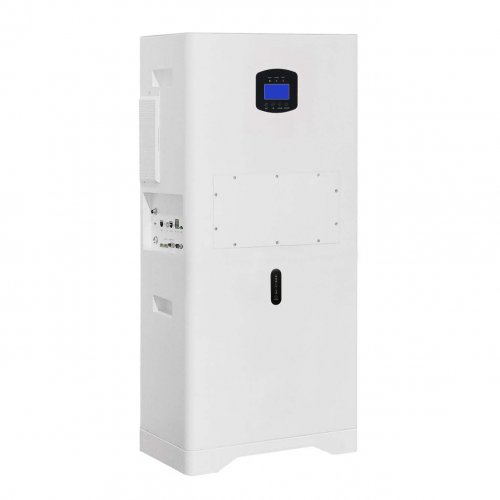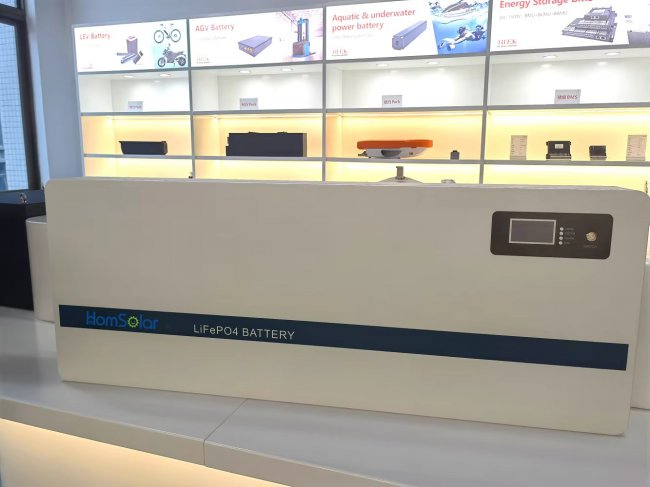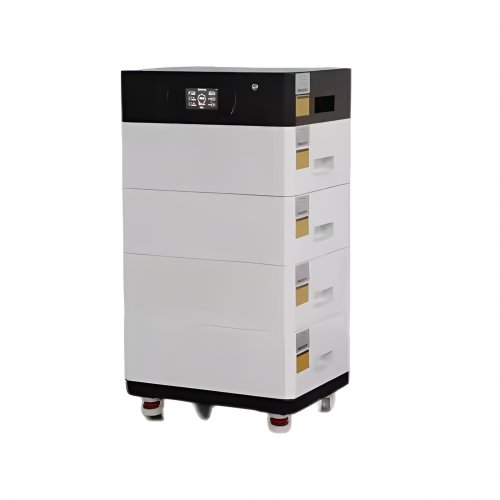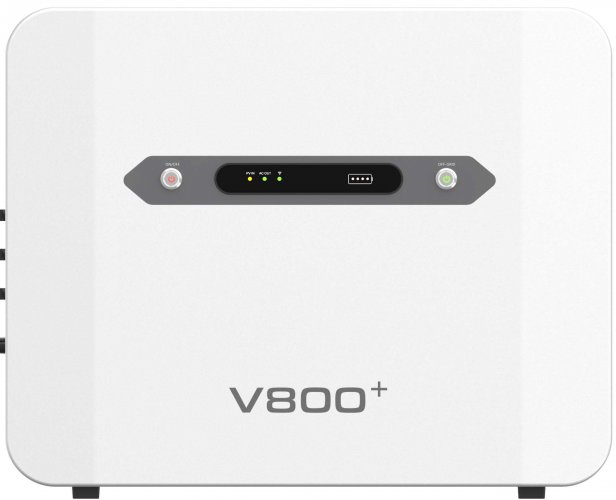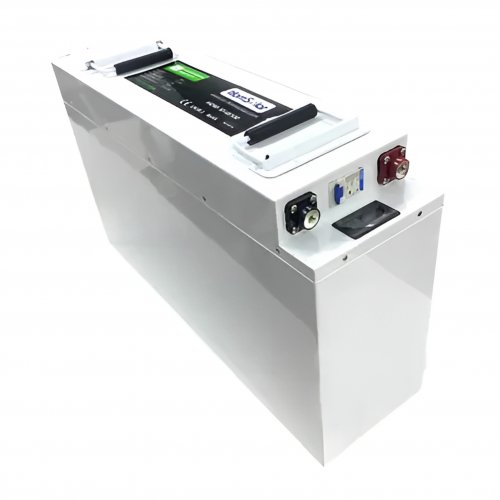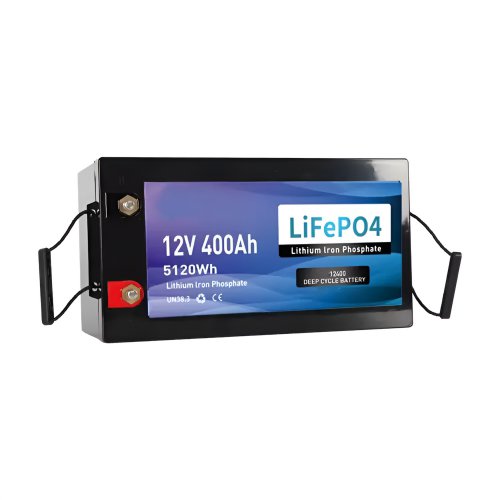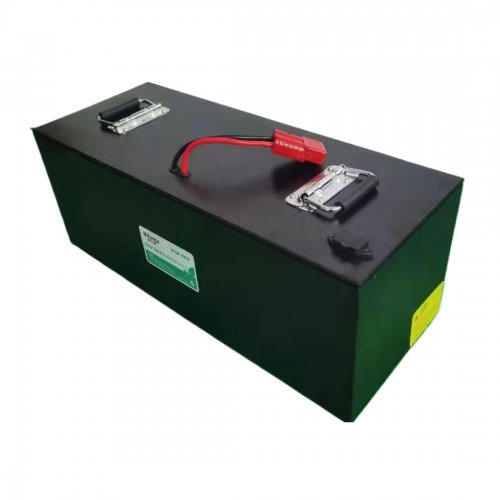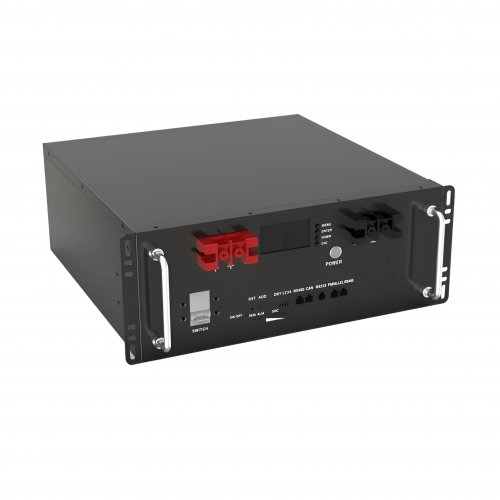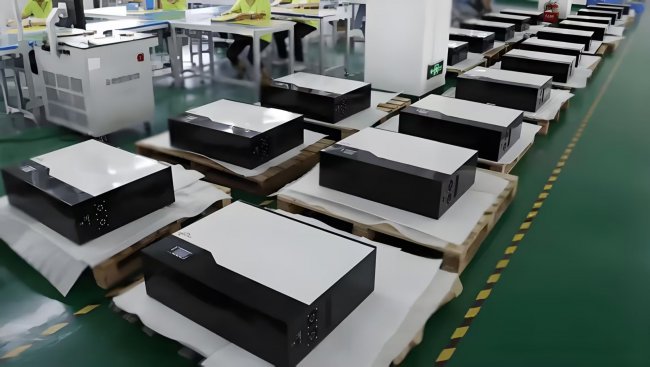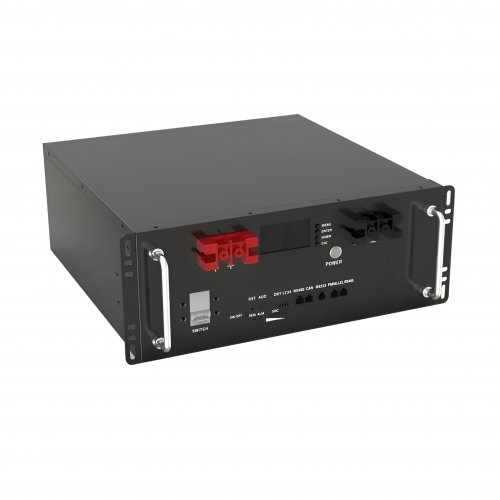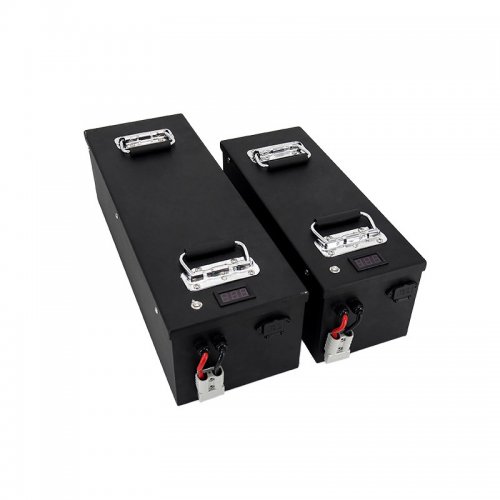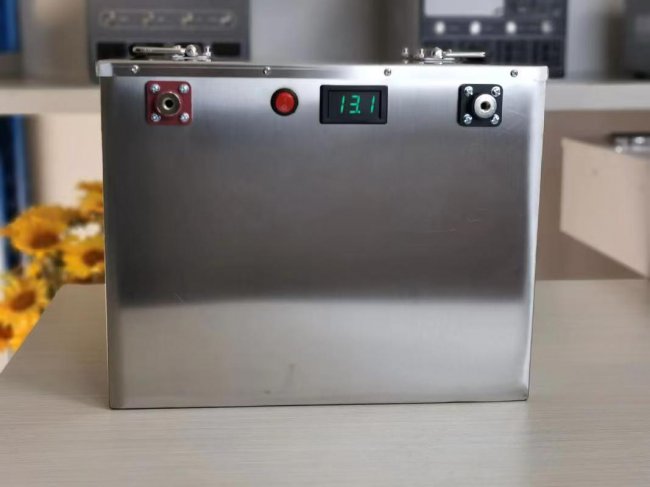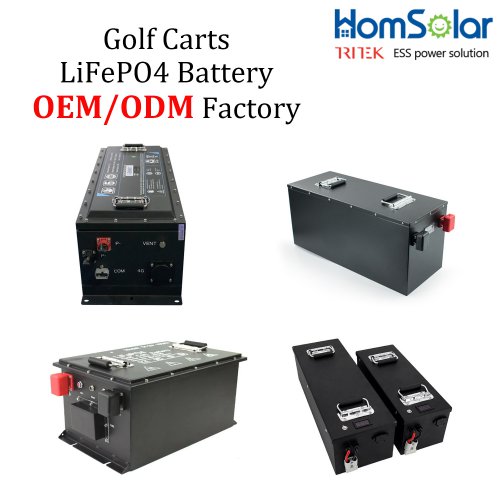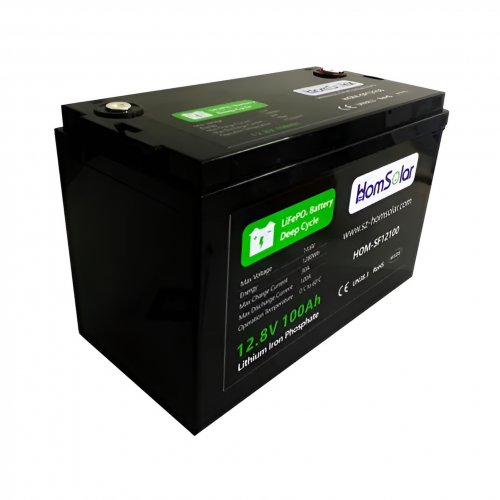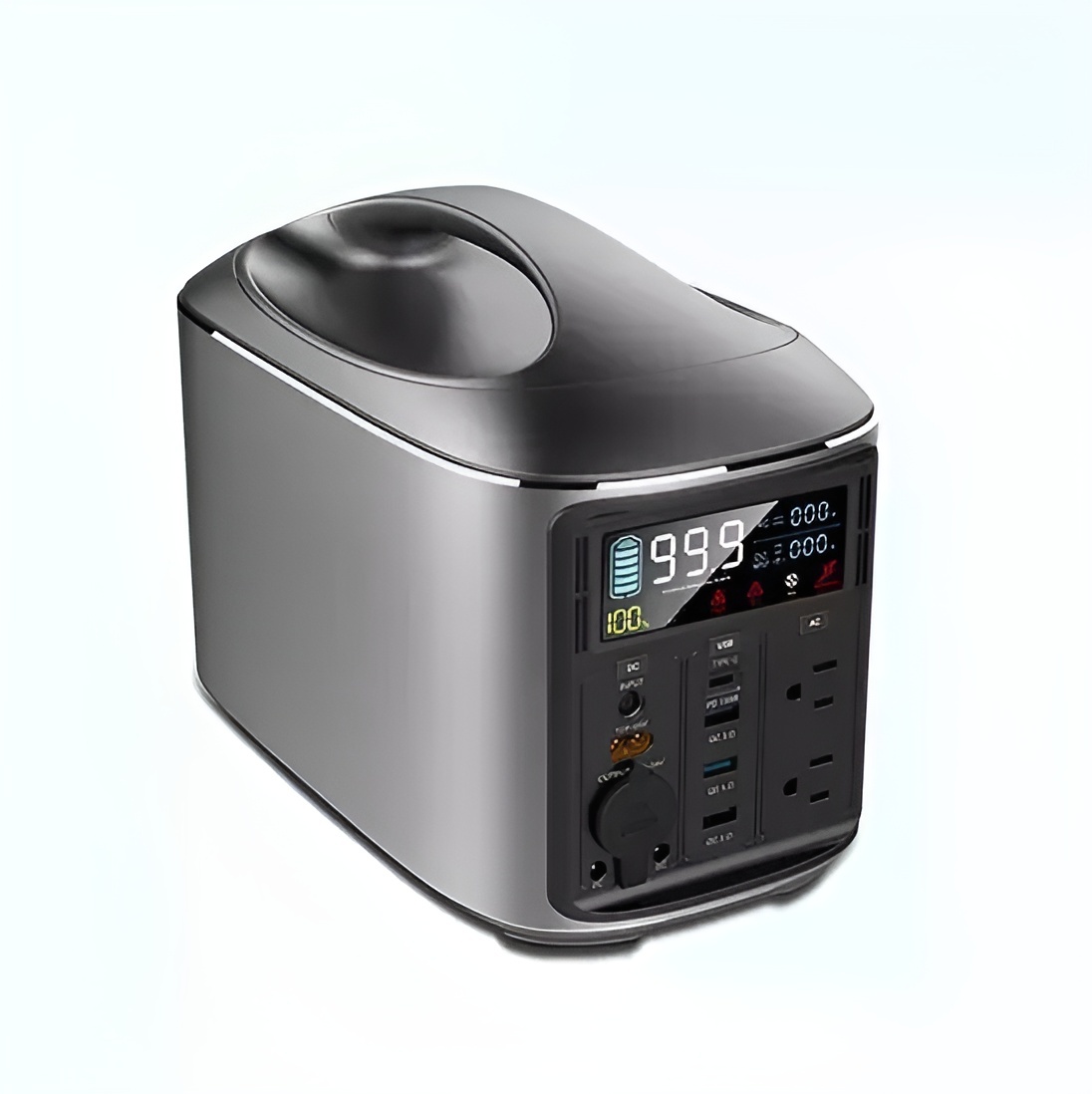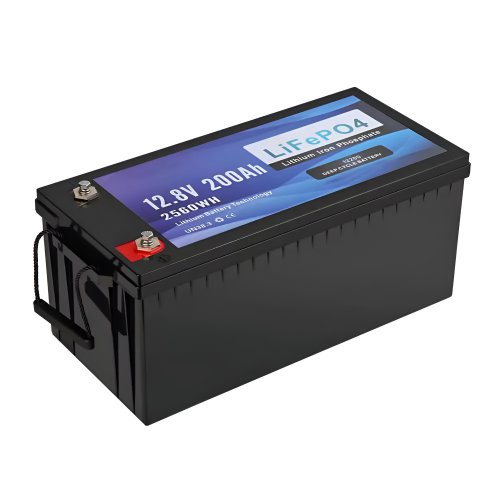Battery Manufacturing Updates News: Advancements In Solid-state, Gigafactory Scaling, And Sustainability Initiatives
The global battery manufacturing sector is undergoing a period of unprecedented transformation, driven by the dual engines of escalating demand for electric vehicles (EVs) and renewable energy storage and relentless technological innovation. The industry's evolution is marked by significant updates in production technology, ambitious scaling of manufacturing capacity, and a growing emphasis on sustainable and ethical supply chains.
Latest Industry Developments: Scaling at Speed and Technological Shifts
A primary focus remains on the rapid expansion of production capacity worldwide. Gigafactories, a term popularized by Tesla, continue to proliferate beyond North America and East Asia into Europe and other regions. Recent announcements from companies like Northvolt in Sweden, ACC in France, and numerous ventures in the United States under the incentives of the Inflation Reduction Act (IRA) highlight a strategic push for regional supply chain resilience. This geographical diversification aims to reduce dependency on a single region and mitigate logistical and geopolitical risks.
Concurrently, the technological landscape within these factories is advancing. A key update is the gradual transition from pilot lines to larger-scale production of next-generation batteries. While lithium-ion remains the dominant chemistry, its form is evolving. The adoption of Cell-to-Pack (CTP) and Cell-to-Chassis (CTC) architectures is accelerating, eliminating modular components to increase energy density per pack and reduce manufacturing complexity and costs. Major players like CATL (with its Qilin battery) and BYD (with its Blade battery) are at the forefront, compelling other manufacturers to follow suit to remain competitive.
The most anticipated development, however, is the progress toward solid-state batteries. Companies such as Toyota, QuantumScape, and Solid Power have recently provided updates on their respective timelines. While full-scale commercial production for EVs is still estimated to be a few years away, several have successfully delivered prototype samples to automotive partners for testing. These updates signal a crucial step forward, moving from pure research and development into the validation phase, which is critical for securing future automotive contracts.
Trend Analysis: Efficiency, Sustainability, and Supply Chain Localization
Several dominant trends are shaping the strategic direction of battery manufacturing.
First, the pursuit of manufacturing efficiency is paramount. Manufacturers are increasingly integrating Artificial Intelligence (AI) and machine learning into production lines. These technologies are used for predictive maintenance, optimizing electrode coating processes, and enhancing quality control through advanced computer vision systems that can detect microscopic defects far more reliably than human inspectors. This drive towards "Industry 4.0" smart factories is essential for improving yield rates and reducing waste, directly impacting bottom lines.
Second, sustainability has moved from a peripheral concern to a central pillar of corporate strategy. The environmental footprint of battery production, particularly water usage and energy consumption, is under intense scrutiny. In response, manufacturers are updating their processes to incorporate greater volumes of recycled materials (a process known as urban mining) and powering facilities with renewable energy. The European Union’s new battery passport regulations, which mandate transparency on carbon footprint and recycled content, are a significant regulatory force accelerating this trend. Furthermore, research into sodium-ion chemistry is gaining momentum as a potentially less resource-intensive alternative to lithium-ion for specific applications, such as stationary storage and lower-range vehicles.
Finally, the trend of supply chain localization and vertical integration is accelerating. To secure critical raw materials and qualify for government incentives, large manufacturers are forging direct partnerships with mining companies and investing in mid-stream processing facilities for materials like lithium and graphite. This vertical integration provides greater cost control and supply security but requires immense capital expenditure.
Expert Perspectives: Cautious Optimism and Pragmatic Challenges
Industry experts offer a blend of optimistic vision and pragmatic caution regarding these updates.
Dr. Elena Rodriguez, a materials scientist and industry consultant, emphasizes the significance of incremental innovation. "While everyone awaits the solid-state revolution, the most impactful updates today are in the refinement of existing lithium-ion manufacturing. Improvements in electrode calendaring techniques, the use of dry electrode coating—as pioneered by Tesla—and more efficient formation cycling are delivering tangible gains in energy density and cost reduction right now."
On the challenges of scaling, Michael Schmidt, an analyst specializing in energy storage, points to the looming skilled labor shortage. "The breakneck speed of gigafactory construction presents a massive human capital challenge. We can build the facilities, but finding and training enough highly skilled engineers, technicians, and plant operators to run them efficiently is becoming a critical bottleneck. This is an update that doesn't make headlines but is a primary concern for every CEO in this sector."
Regarding sustainability, experts like Priya Sharma from a leading clean energy think tank argue that regulatory pressure is effective. "The battery passport is a game-changer. It creates a transparent market where consumers and OEMs can choose based on ethical and environmental credentials. This is forcing manufacturers to invest in green updates they might have otherwise delayed, ultimately driving the entire industry toward a more sustainable model."
In conclusion, the battery manufacturing industry is defined by dynamic updates on multiple fronts. The race is not only to build bigger factories but also smarter, cleaner, and more efficient ones. The interplay between groundbreaking technological advancements like solid-state, the pragmatic scaling of current technologies, and the imperative of sustainability continues to redefine the landscape, setting the stage for the next chapter of the global energy transition.
Customized/OEM/ODM Service
HomSolar Supports Lifepo4 battery pack customization/OEM/ODM service, welcome to contact us and tell us your needs.


HomSolar: Your One-stop LiFePO4 Battery Pack & ESS Solution Manufacturer
Our line of LiFePO4 (LFP) batteries offer a solution to demanding applications that require a lighter weight, longer life, and higher capacity battery. Features include advanced battery management systems (BMS), Bluetooth® communication and active intelligent monitoring.

Customised Lithium Iron Phosphate Battery Casing
ABS plastic housing, aluminium housing, stainless steel housing and iron housing are available, and can also be designed and customised according to your needs.

HomSolar Smart BMS
Intelligent Battery Management System for HomSolar Energy Storage System. Bluetooth, temperature sensor, LCD display, CAN interface, UART interface also available.


Terminals & Plugs Can Be Customized
A wide range of terminals and plugs can be customised to suit the application needs of your battery products.

Well-designed Solutions for Energy Storage Systems
We will design the perfect energy storage system solution according to your needs, so that you can easily solve the specific industry applications of battery products.



About Our Battery Cells
Our energy storage system products use brand new grade A LiFePO4 cells with a battery lifespan of more than 4,000 charge/discharge cycles.



Applications in Different Industries
We supply customized & OEM battery pack, assemble cells with wiring, fuse and plastic cover, all the cell wires connected to PCB plug or built BMS.
Applications: E-bike, Electric Scooter, Golf Carts, RV, Electric Wheelchair, Electric Tools, Robot Cleaner, Robot Sweeper, Solar Energy Storage System, Emergency Light, Solar Power Light, Medical Equipment, UPS Backup Power Supply.
We can provide you with customized services. We have the ability to provide a vertical supply chain, from single cells to pack/module and to a complete power solution with BMS, etc.


HomSolar (Shenzhen) Technology Co., Ltd







